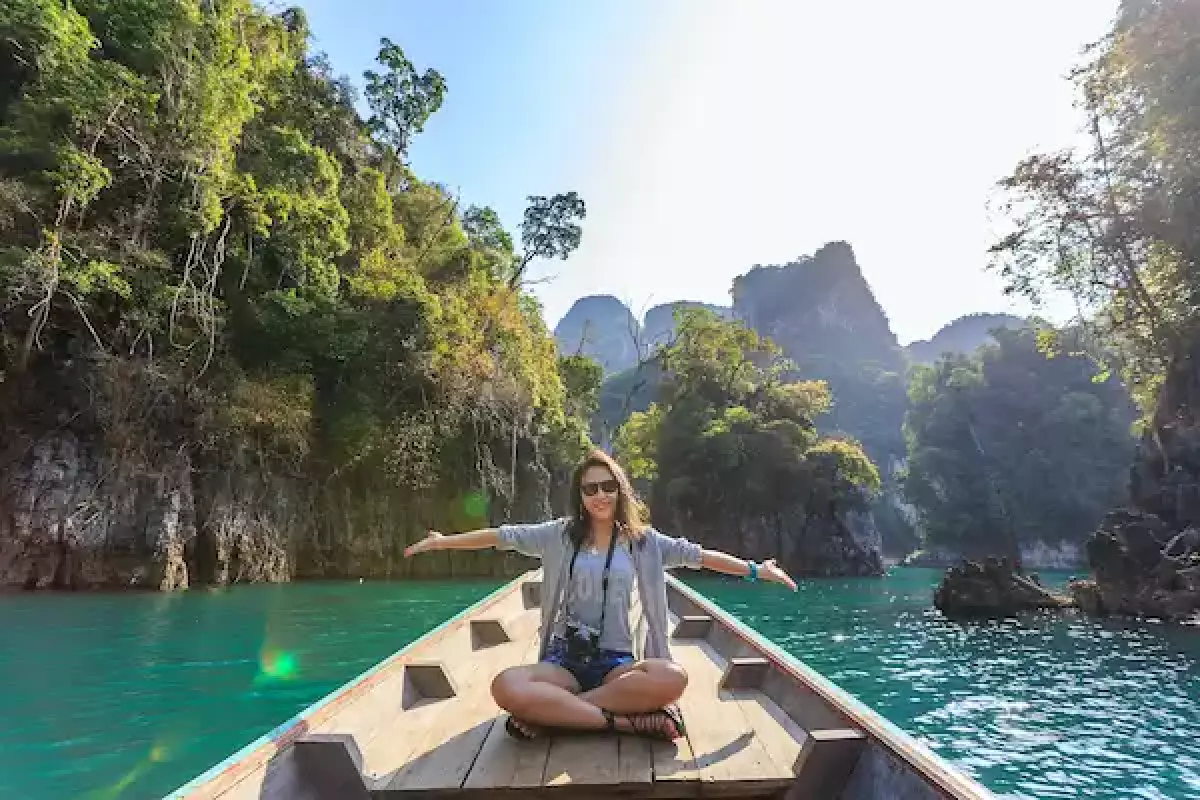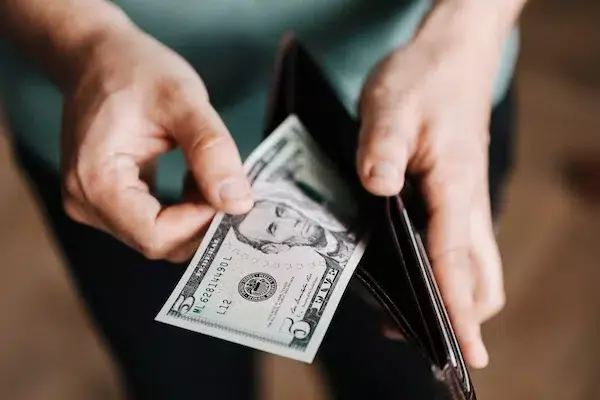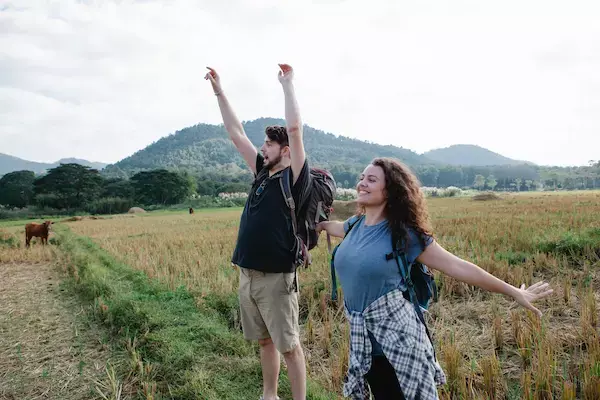Have you ever wondered why travellers often seem to escape the consequences of their actions? It's like they can do whatever they want without facing any punishment. But why is that? why do travellers get away with everything ? Well, it turns out there are a few reasons behind this puzzling phenomenon.
Unpacking the Concept of Traveller Privilege

Defining traveller privilege involves understanding its broader meaning, roots, and manifestation. Privilege, in general, refers to an unearned advantage that a person or group enjoys in society. When applied to the context of travel, it becomes known as traveller privilege.
Traveller privilege specifically refers to the benefits and leniencies some travellers receive when they explore different regions, particularly if they come from affluent societies or countries. This privilege can be linked to nationality, race, or economic status. It manifests as an exemption from norms and expectations, allowing travellers to engage in behaviors that are often unquestioned in foreign environments.
For example, a traveller might be excused for culturally inappropriate behavior because they're "just a tourist." Similarly, their economic status or the currency they hold might lead to them being treated differently compared to local people. These examples illustrate how traveller privilege can explain why travellers get away with everything in certain circumstances.
Psychological Factors

The mindset of a traveller and the psychological aspects at play during travel further compound this sense of privilege. The desire for adventure, the anonymity afforded by travel, and the different cultural norms all contribute to this phenomenon.
An adventurous mindset is commonly associated with travellers. They're often willing to step out of their comfort zones and try things they wouldn't at home. This mindset, while exciting, can sometimes lead to travellers overstepping boundaries, thereby reinforcing their privilege.
Travelling often brings with it a sense of anonymity. Travellers, feeling less accountable for their actions than they would at home, might behave in ways they normally wouldn't. This lack of accountability is another factor that contributes to why travellers get away with everything.
Cultural relativism, the idea that one's beliefs and activities should be interpreted relative to one's culture, can sometimes be misused by travellers. They might dismiss certain local customs or norms under the guise of cultural differences, thereby exercising their privilege.
These psychological factors, combined with traveller privilege, create an environment where travellers can often act with impunity.
Economic Factors

Economic elements form another critical dimension of traveller privilege. The power dynamics of tourism, the influence of tourist spending, and the clash of currencies significantly impact the level of privilege a traveller might experience.
The global tourism industry often positions travellers from affluent nations in a place of power, reinforcing their privilege. This power dynamic can lead to local communities adapting to tourists' needs rather than preserving their authentic customs.
Tourist spending can stimulate local economies, but it can also inflate prices and create economic disparities. This economic influence often grants travellers certain privileges, such as preferential services or treatment.
Currency differences mean that travellers from countries with strong economies can afford goods and services that are prohibitively expensive for locals. This economic advantage further underscores traveller privilege.
Legal and Jurisdictional Challenges

Legal factors, particularly in terms of jurisdiction, also play a pivotal role in establishing traveller privilege.
Travelling across borders often implies dealing with varied legal jurisdictions, each with its own sets of rules and regulations. Sometimes, these jurisdictional differences can create loopholes that inadvertently enable travellers to bypass certain laws, contributing to the perception that travellers get away with everything.
Travellers often have limited knowledge of the local laws of the countries they visit, which might result in unintentional legal transgressions that are commonly overlooked due to their foreigner status.
Inconsistent enforcement of laws, especially with tourists, further compounds this issue. This inconsistency can be due to numerous factors, including preferential treatment of tourists or leniency afforded to them.
Perception and Stereotypes
Finally, societal perceptions and stereotypes also contribute significantly to traveller privilege.
Travellers, especially those from prosperous countries, often carry a romanticized image. This image can lead to preferential treatment and further fuel the privileges they enjoy.
Existing stereotypes and biases can also color the perception of travellers, both positively and negatively. These preconceived notions can impact the treatment travellers receive, contributing to their privilege.
The media also plays a key role in shaping perceptions of travellers, often portraying them in a glamorous light. This can perpetuate traveller privilege, allowing them to get away with things that might be frowned upon if done by locals.
Understanding these various factors helps us unpack the complexities of traveller privilege and promotes a more responsible and respectful approach to travel.
Cultural Diplomacy and Image Preservation

One of the aspects that often contributes to traveller privilege is the delicate dance of cultural diplomacy and image preservation that host countries perform.
Soft power, a concept that involves shaping the preferences of others through appeal and attraction, plays a vital role in the tourism industry. Countries often employ soft power to present an appealing image to attract tourists, which sometimes leads to travellers being granted more liberties.
The economic incentives that tourism brings can also result in a certain level of traveller privilege. As countries seek to attract tourists for economic benefits, they might turn a blind eye to certain behaviors, further reinforcing the idea of traveller privilege.
Balancing cultural diplomacy with accountability is a challenging task for any nation. While they wish to maintain a welcoming environment for tourists, it's crucial that they also uphold laws and standards, maintaining a balance that doesn't overly favor travellers.
Conclusion
Traveller privilege is a multifaceted concept that goes beyond the simple notion of 'tourists behaving badly.' It is an intricate interplay of psychological, economic, and legal factors, along with societal perceptions and international diplomacy.
While it can explain why travellers get away with everything at times, understanding and acknowledging this privilege is the first step towards encouraging responsible and respectful tourism. It is about fostering mutual respect, understanding, and appreciation between travellers and the communities they visit.
You can learn more about popular solo travel destinations here.

















